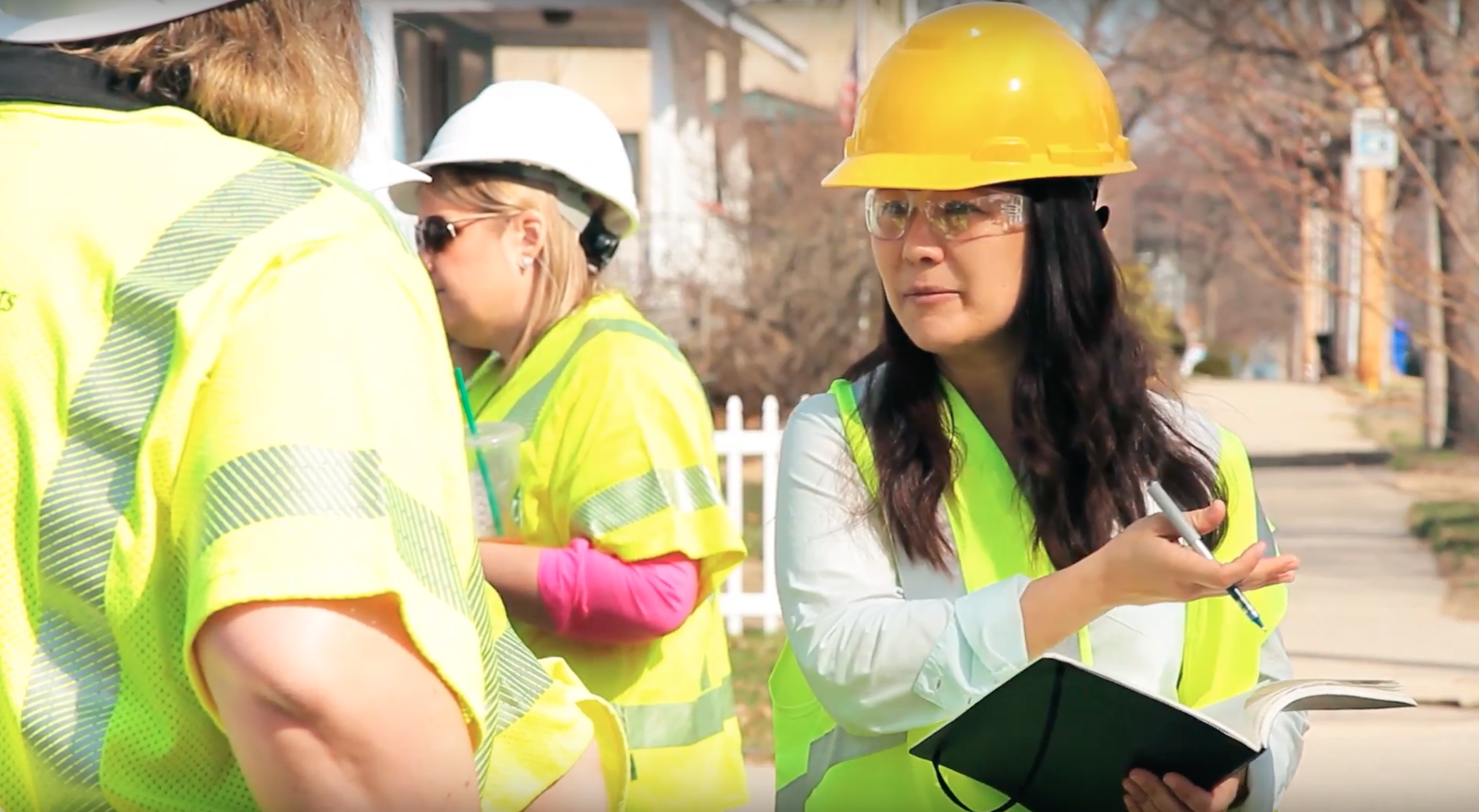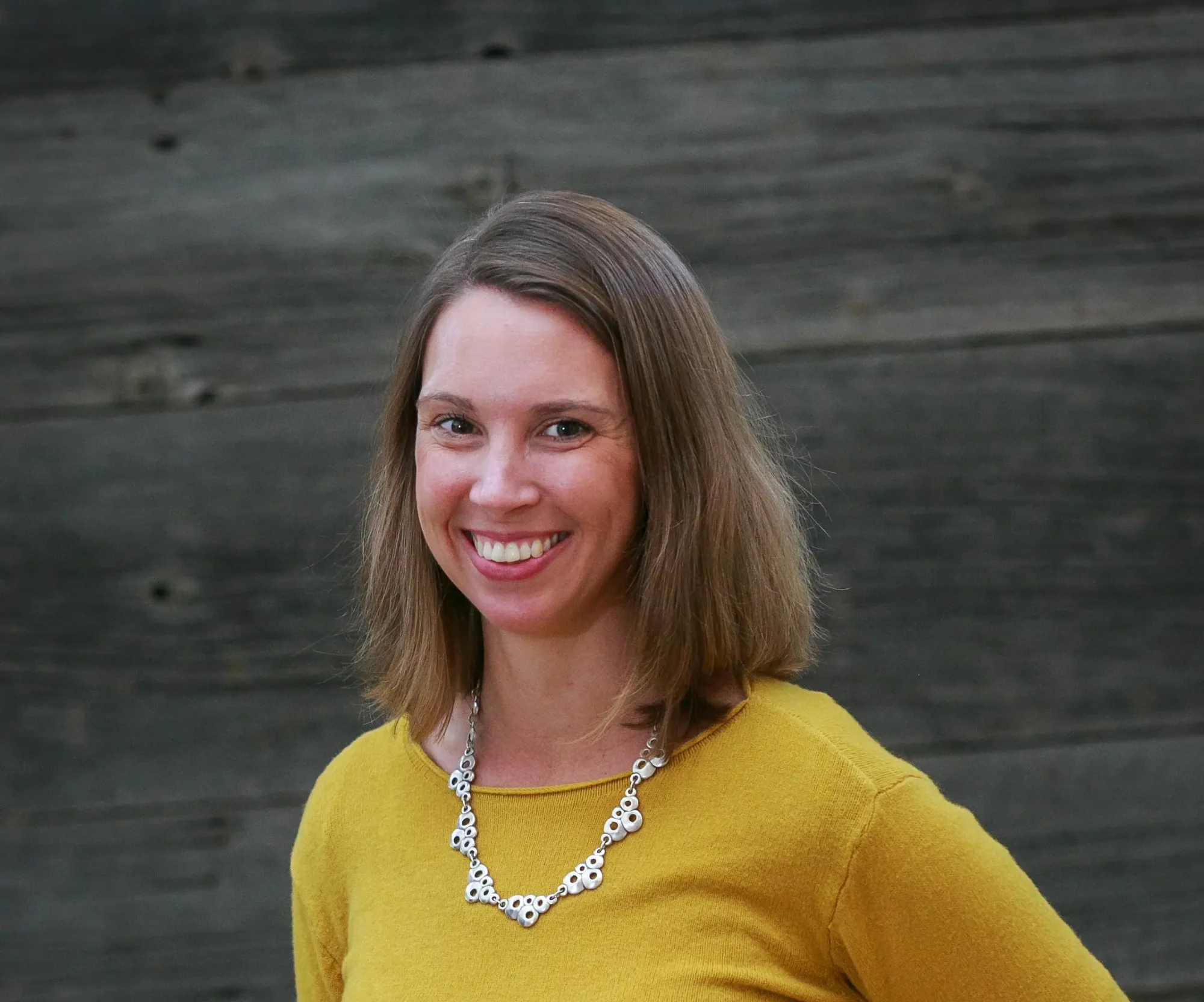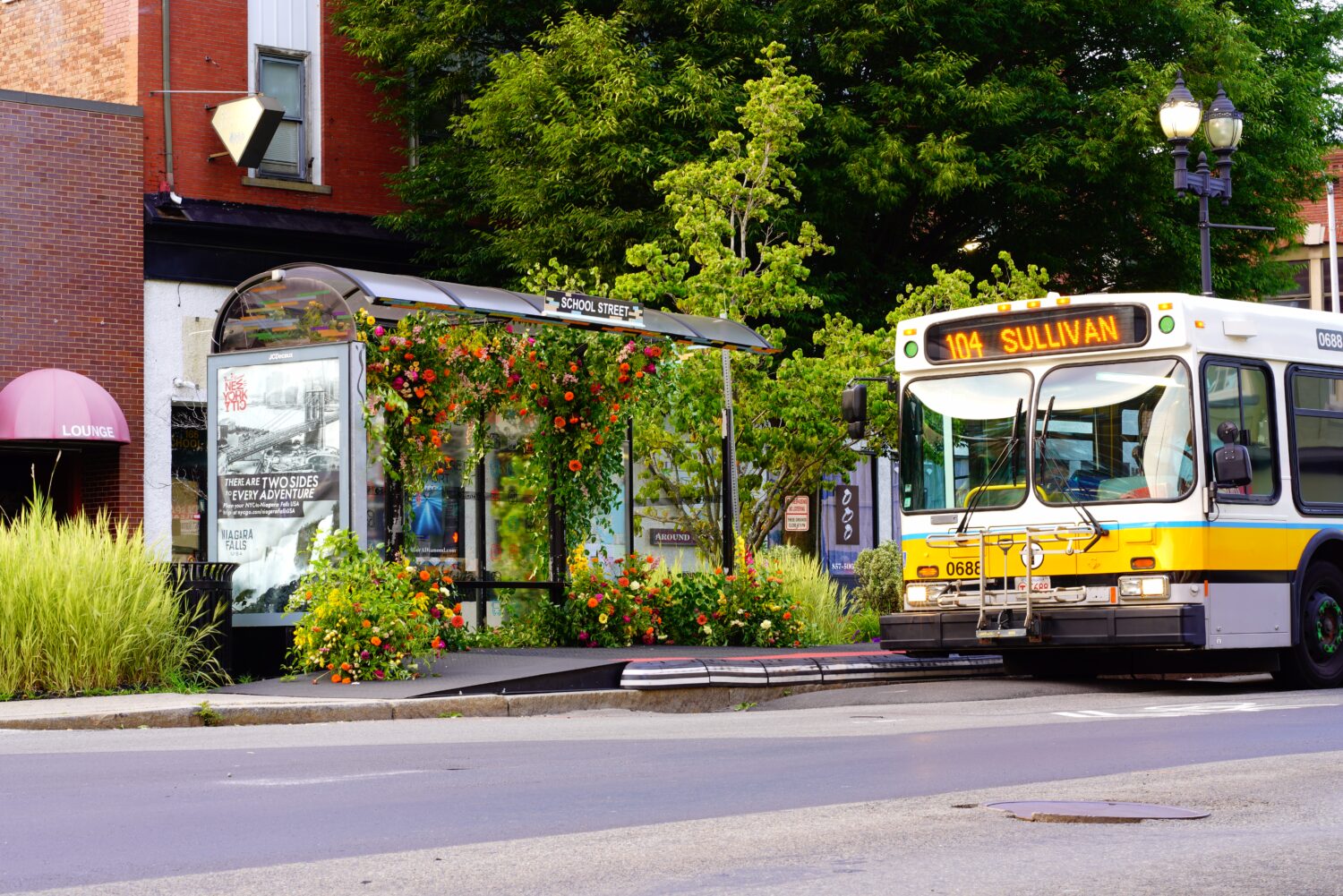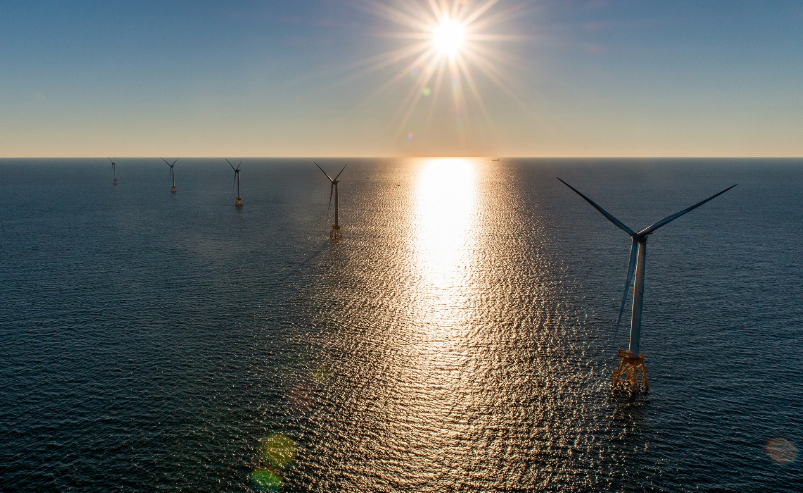For grassroots advocates, tried and true approaches to creating change include the protest march, the fiery speeches, and the funny-but-pointed signs. In this age of bitter divisions, HEET and Mothers Out Front tried something new: meeting face-to-face with the gas utility executives who began as our adversaries, but who became our allies in finding solutions to the problem of natural gas leaks.
Massachusetts has the second oldest natural gas infrastructure in the country. The gas that leaks from this aging infrastructure is a problem because it’s primarily methane, a remarkably destructive greenhouse gas. This wasted gas—worth about $90 million per year—harms the climate as much as the emissions from all of our stores and businesses in Massachusetts.
Because of a law passed in 2016, the utilities are now mandated to fix the very worst leaks (research shows just 7% of the leaks gush out almost half of all the gas). However in order to fix these leaks, gas personnel had to be able to identify the right leaks—technically a task that’s not easy to do in a reliable and inexpensive way.
Thus, we activists and Boston University Professor Nathan Phillips approached National Grid, Eversource and Columbia Gas to work with us on a research study to scientifically prove the best identification method.
First, however, we needed to build enough trust for all of us to work together.
In our first meeting, there were three of us, all mothers, from HEET and Mothers Out Front. In the large conference room, we were greeted by three white men in business attire. After we took our seats, I introduced myself, adding, ”I care about methane emissions, because my eldest child was born in the year 2000.All the scientific predictions of climate change are very easy to translate into how old he’ll be.In 2030 when he’s 30, in 2050 when he’s 50.Climate change for me is very personal.”
My two collegues followed with their own introductions, explaining how their love for their children motivated them to take action on climate change. These personal stories were the secret behind Mothers Out Front. While people can argue all day long about gigatons of greenhouse gas, no one can argue with a parent’s love.
After we finished speaking, the president of the company eyed each of us.He introduced himself and said a few words about his children.He paused, thoughtful, and shared that his youngest child was worried about climate change too.
This was the moment I first suspected we might be able to succeed. I realized these men wanted to do what was right, for the same reason we wanted to, because of the next generation. For them to agree to our plan, we just needed to make that plan easy to defend within the corporation.
So we did that.We named a practical common goal—to fix the worst leaks first—as we clearly explained the scope of the study and its partners, what assistance they’d have to give, and how the resulting press would benefit the utility.
The president had many questions but we answered them one at a time. The doubt in his face gradually disappeared.

This summer, our study ended up scientifically proving a method of identifying the worst leaks.Meanwhile our constant engagement with the utilities earned their buy-in for enacting that method. And we will be able to check that they are enacting the method well, because the trust we’d all built together helped them to agree to independent verification, data transparency and annual reassessment of methods and results. The result will cut the emissions from gas leaks in half.
This was such an encouraging place to be, just 10 months after that first meeting with the president, where, together, we rediscovered the importance and power of empathy, of really listening to each other, and of trust and respect.
Read additional news coverage on this unlikely alliance:
“In An Unlikely Partnership, Local Environmentalists And Utilities Work Together To Reduce Gas Leaks” (WGBH News, November 29)
“There’s a new tool in the fight to seal the state’s gas leaks” (The Boston Globe, October 31)




